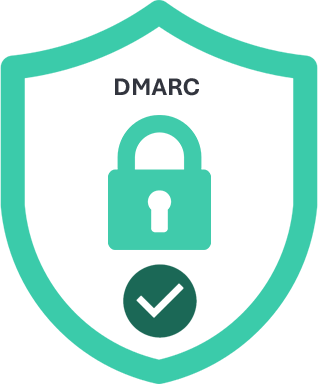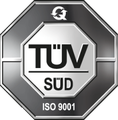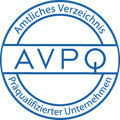Learn More About Email Authentication
Protect your business, your brand, and your customers from email fraud. Here's what every leader should know about DMARC, SPF, and DKIM.

What is DMARC?
DMARC (Domain-based Message Authentication, Reporting & Conformance) is a security protocol that protects your domain from being used in phishing and spoofing attacks. DMARC lets you tell email providers how to handle unauthenticated emails sent from your domain—and gives you visibility into who is sending on your behalf.
Why it matters: Without DMARC, anyone can impersonate your brand. Enforcing DMARC and monitoring reports helps you stop fraud, protect your reputation, and meet compliance requirements.

What is SPF?
SPF (Sender Policy Framework) is a security standard that tells the world which mail servers are allowed to send email for your domain. It helps prevent spammers from sending messages that look like they come from your business.
Why it matters: Without SPF, attackers can easily forge your domain in email headers. SPF is a foundational layer of email security and a key part of DMARC compliance.

What is DKIM?
DKIM (DomainKeys Identified Mail) adds a digital signature to every email sent from your domain. This signature proves the message is authentic and hasn't been tampered with in transit.
Why it matters: Without DKIM, attackers can alter or forge emails from your domain. DKIM is essential for trust, deliverability, and compliance.
What are Advanced Protections?
Advanced protections like TLS, BIMI, and MTA-STS offer additional layers of security and brand trust for your email ecosystem. While not always required for DMARC compliance, these protocols help you go the extra mile in protecting your communications.
- TLS (Transport Layer Security): Ensures your emails are encrypted in transit, preventing snooping or tampering between mail servers.
- BIMI (Brand Indicators for Message Identification): Allows your verified logo to appear in supported inboxes, reinforcing brand trust and visibility.
- MTA-STS (Mail Transfer Agent Strict Transport Security): Tells receiving servers to enforce encryption and reject messages sent insecurely.
Why it matters: These optional protections reduce risk, boost deliverability, and give your brand an edge. For organizations serious about email integrity and user trust, they're the final pieces of the puzzle.


